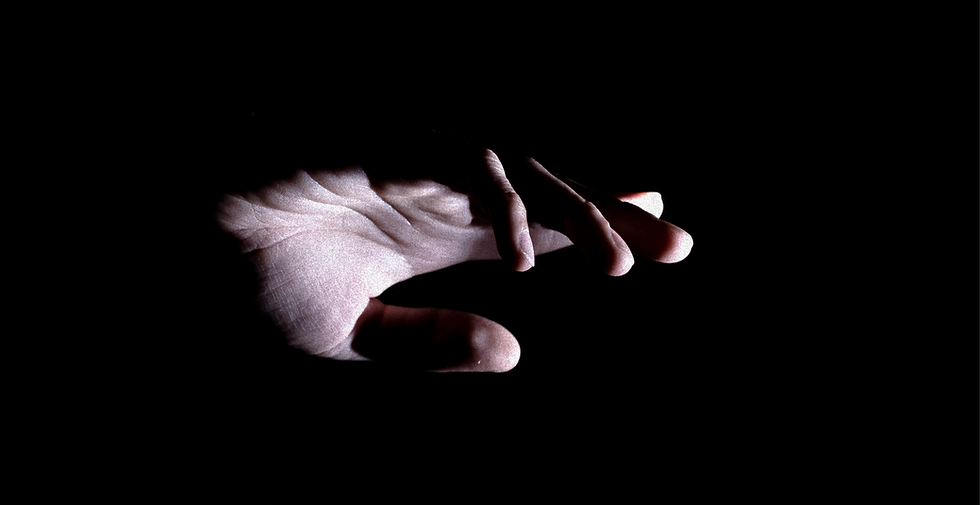The Gidding by T.S. Eliot
- Ingrid Oliphant
- May 13, 2016
- 2 min read

Part V
What we call the beginning is often the end
And to make and end is to make a beginning. The end is where we start from. And every phrase And sentence that is right (where every word is at home, Taking its place to support the others, The word neither diffident nor ostentatious, An easy commerce of the old and the new, The common word exact without vulgarity, The formal word precise but not pedantic, The complete consort dancing together) Every phrase and every sentence is an end and a beginning, Every poem an epitaph. And any action Is a step to the block, to the fire, down the sea’s throat Or to an illegible stone: and that is where we start. We die with the dying: See, they depart, and we go with them. We are born with the dead: See, they return, and bring us with them. The moment of the rose and the moment of the yew-tree Are of equal duration. A people without history Is not redeemed from time, for history is a pattern Of timeless moments. So, while the light fails On a winter’s afternoon, in a secluded chapel History is now and England.
With the drawing of this Love and the voice of this Calling
We shall not cease from exploration And the end of all our exploring Will be to arrive where we started And know the place for the first time. Through the unknown, unremembered gate When the last of earth left to discover Is that which was the beginning; At the source of the longest river The voice of the hidden waterfall And the children in the apple-tree
Not known, because not looked for But heard, half-heard, in the stillness Between two waves of the sea. Quick now, here, now, always– A condition of complete simplicity (Costing not less than everything) And all shall be well and All manner of thing shall be well When the tongues of flames are in-folded Into the crowned knot of fire And the fire and the rose are one.


Comments